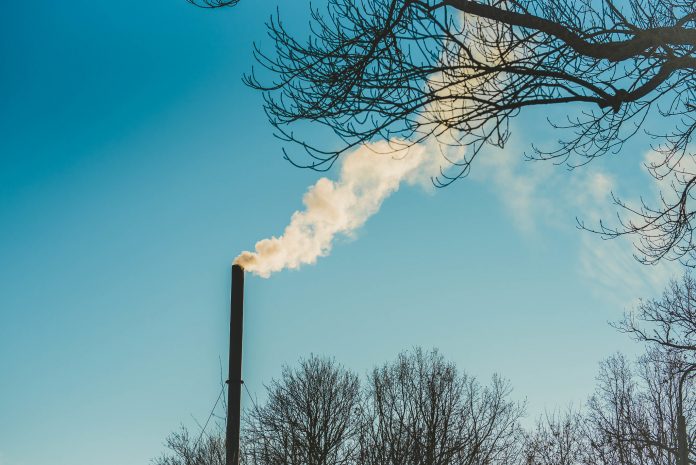The European Union has guaranteed 70 years of peace, something unique in Europe’s history. We are duty-bound to preserve it and also to provide our descendants with the resources and the environment they need for a decent life.
In order to do this, we must change our way of life to a certain extent.
The last 70 years have also been marked by dramatic exploitation of our planet’s resources, mostly at the expense of the poorest and most vulnerable.
Now we can already see the impact of climate change in our part of the world, and the protests by our young people show us quite plainly that we need to make a U-turn in many of our policy areas if we are serious about preserving both our economic and social model and our planet.
My wish therefore is for all responsible stakeholders and all citizens be inflected by the positive virus of cooperation and collaboration. Only united will we succeed in meeting the challenges which demand major changes in our common policies, such as a shift towards a sustainable Europe. The UN Agenda 2030 with its 17 sustainable development goals is an excellent governance tool to shift the paradigm.
At the European Economic and Social Committee we have drafted a paper, which is based on what people expect from the EU and its Member States, and in which we propose changes that could help to make our economy just and sustainable. Here are some of our proposals:
Nobody must be left behind
The EESC calls for a new social deal: the European Social Model should provide robust and fair protection for all citizens. We believe that measures to ensure a minimum wage and minimum income could provide an important component of social protection and would also help to support sustainable growth. Affordable access and entitlement to lifelong learning is one of the keys to social and economic progress.
We must not accept further divergence in the progress of Member States. We also must stop the nonregulatory and neoliberal approach of the policy makers. Europe is not only for business it is for everybody.
Tax revenue is a precondition for good governance
Fraud and tax evasion steal money from the community that should instead be used to ensure social cohesion, to combat global warming and to promote sustainable growth.
We are convinced that the European model can only be sustainable when all companies pay their fair share of taxes and contribute to national and European public budgets
Good governance must also include the alignment of policies, and sufficient monitoring to ensure that all Member States stick to the rules. The focus of the European Semester exercise must therefore be more comprehensive, including economic progress, employment and social performance but also achievements in the fight against climate change.
People’s trust and support can only be won and then kept by enhancing accountability and transparency of decision-making at all levels.
We need to embrace an overarching strategy for sustainability
Any new European growth model must be both socially inclusive and ecologically sustainable. This requires a tremendous change, to turn our current economy into a circular, carbon free one. We also call for sustainable agriculture, healthy diets from sustainable food systems and common standards that care for clean air, water and protect our oceans.
The EU must allow and encourage people to bring in their ideas by supporting bottom-up initiatives. Community Led Local Developments (CLLD) are an indispensable part of this transformation and will also help to bring the EU closer to its citizens.
The Finance-Climate Pact must cover all aspects of a climate change policy and help businesses and workers to adapt.
The Common Market must be the global driver of sustainability and social justice
The European Union has the purchasing power of 500 million consumers. Today the EU is a leading force in world trade, with more than 30 million jobs linked to international commerce. Through trade the EU must promote its standards and values of social inclusion and environmental protection and thus essentially shape sustainable globalisation.
The EU needs to use its market power to play a leading role in the reform of the WTO, which in turn should lead to the WTO also being the guardian to the achievement of the SDGs and maintaining consistency between trade rules and international labour standards.
Communicate the advantages of being united
With regard to the EU, a common communication strategy for all EU institutions, at all levels, including civil society players, is also urgently needed. We can no longer accept the mismatch between initiatives, activities and decisions at EU level and their perception by its citizens. This has already led to a vicious circle of uninformed or ill-informed citizens – the only winners are the populist movements that are on the rise across Europe.
Only when people are aware how they profit from the EU, will they embrace the concept of a common and sustainable Europe: this in turn will guarantee social peace and a healthier planet
Peter Schmidt is a full-time trade unionist and a Member of the Workers’ Group at the European Economic and Social Committee (EESC). In the EESC, he heads the Sustainable Development Observatory, a body whose mission is to promote sustainability in the EU by fostering citizens’ participation in making the shift towards a more sustainable Europe.

